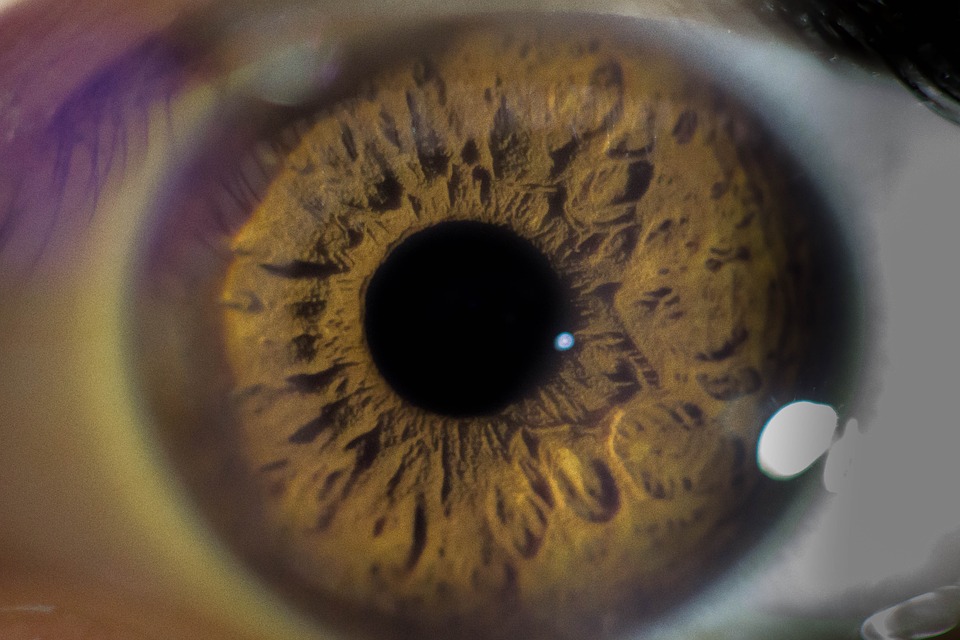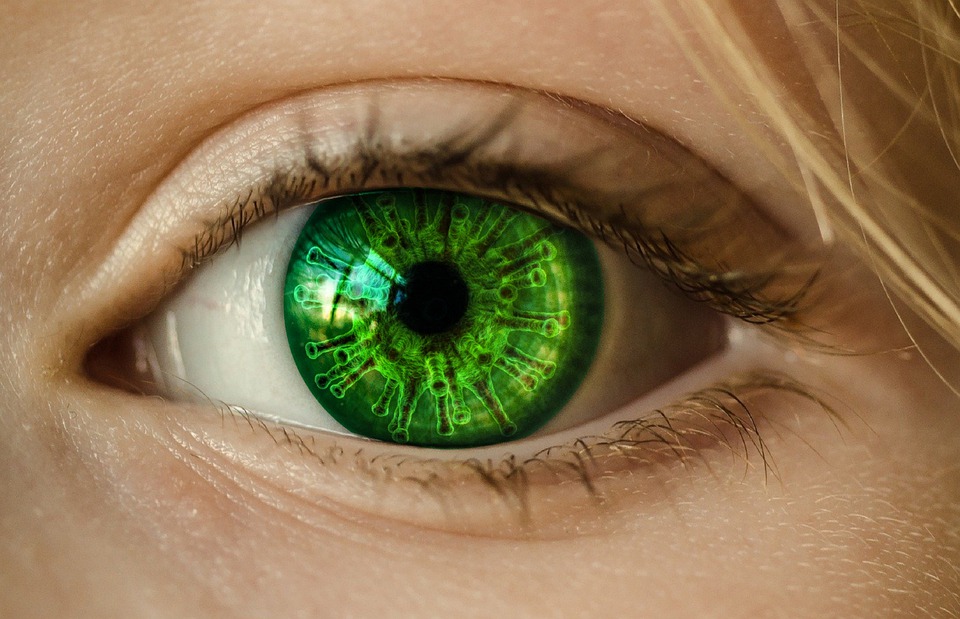Eye health is not related to the quality of your vision. Whether you suffer from astigmatism or near or far away, you can still have good eyesight. It is important to wear doctor’s glasses or other corrective eyeglasses to improve your vision, if necessary. Many chronic eye infections can be prevented by eating a healthy diet and exercising regularly. Find five ways to keep your eyes healthy for the rest of your life and reduce the risk of eye damage or the lasting effects of untreated eye conditions.
1. Make Sure You Can See Clearly
You should be able to see clearly through glasses or other visual aids at any time. Get a vision test to determine if you need to wear a doctor’s eye mask. Keeping a current doctor’s note is essential for eye health in a unique period. Get regular eye tests on a routine recommended by your optometrist or optometrist.
As we get older, our vision often begins to decline. After 40 years, age-related presbyopia can reduce your ability to see close objects. You may find that you hold the reading material far away from your eyes so that you can concentrate. Studying glasses can provide a solution to this issue of vision. Go to an optometrist or optometrist to get prescribed glasses that will restore vision and promote eye health.
2. Eat a Balanced Diet
The condition of your eyes is related to your whole life. Foods rich in complete sources of vitamins, minerals, omega fatty acids and proteins are good for supporting the idea. Beans, eggs, fish, nuts and edible seeds provide much-needed nutrients for ocular well-being.
Eating five ingredients of fruit and vegetables a day, especially green and green leafy vegetables, carrots, oranges and other citrus fruits provide building health benefits for the eyes. Ask your general practitioner about supplementing your diet with lutein or zinc, which can help reduce your risk of cataracts or macular degeneration.
3. Exercise for Overall Health
Exercise improves overall physical health, including the health of your eyes. Exercise can help prevent or manage symptoms such as diabetes, high blood pressure, and high cholesterol, all of which can adversely affect vision.
Taking care of your body should include your eyes. Wear medical glasses during exercise to see clearly and consider prescription sports glasses with medical lenses that are resistant to medication during sports or exercise that pose a risk of eye damage.
4. Wear Eye Protection
Sports eye protection can prevent some of the most common causes of eye injuries in children, adolescents and adults. See ASTM International’s standard of eye protection for any activity in order to select glasses or mirrors that offer the right level of impact protection.
Eyewear that meets the American National Standards Institute Z87.1 standard can provide a primary impact or eye protection with a significant impact. Impacted safety glasses lenses are rated on the impact marked Z87-2 + on the right side of the lens and on the independent side.
5. Know Your Family History
Many physical conditions are hereditary. If your parents or other relatives have cataracts or macular degeneration as they grow older, you may be more likely to experience these conditions. Most people experience a certain degree of presbyopia after forty years.
Keeping your eyes healthy is helpful regardless of the strength of the lenses in your prescription safety glasses or any eye conditions that apply to your family. Getting the nutrients you need, staying in good shape and protecting your eyes from injury can help you maintain your overall vision.


